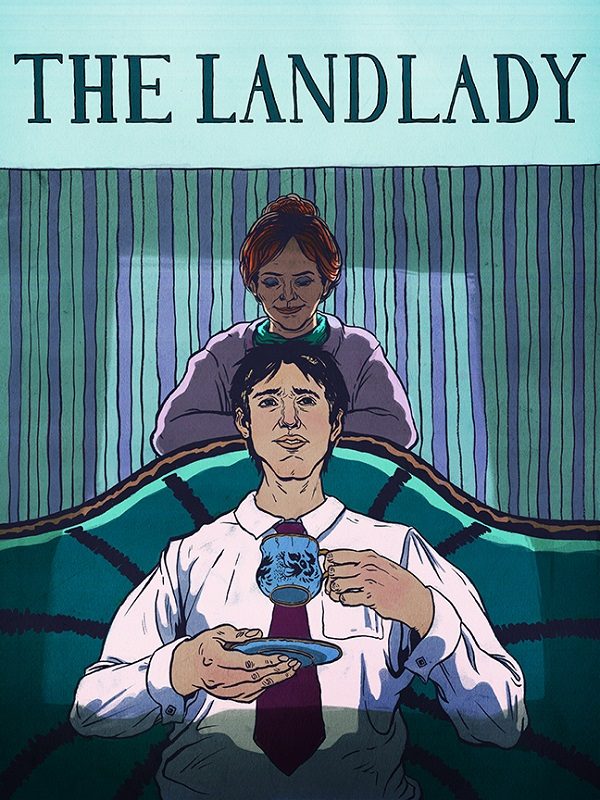Another reading activity! Another short story from Roald Dahl! “The Landlady”! After we finished “Lamb to the slaughter”, we got another short story waiting! It is “The Landlady”. Since we all aware that all stories in this November are something nefarious. Therefore, the landlady is a short story that talks about a young man, Billy Weaver, who is new to a company and receives a mission to go to Bath, England, which he never been before. When he arrive Bath, he was told to get a hotel called ‘Bell and Dragon’; however, something caught his attention along the way which is another pub called ‘Bed & Breakfast’. He knocked the door and a lady appeared. She seems peculiar as well as a nice lady in this young gullible Billy’s eyes. When Billy entered the house, it seems odd that the room is already prepared for him. For a few minutes, when Billy signs the guest book, he found out that only two guests from the past three years have come here. They are Christopher Mulholland and Gregory Temple. These two guests have something in common and that is they are on a business trip and all of a sudden……they disappeared. However, Billy couldn’t think of this information and got interrupted by the landlady to drink a cup of tea. The landlady offers Billy a cup of bitter almonds tea to Billy. For a moment, Billy drank the tea, without realizing that it has poison. After signing the guestbook, having a cup of tea, Billy asked the landlady, “Excuse my asking, but haven’t there been any other guests here except them in the last two or three years?” The story ends at this point when the landlady responded, “No, my dear, only you.”
There is also a short film that can further explain few more scenes:
Tales of the Unexpected Series 1 Episode 5 The Landlady 21 Apr 1979
We have learned a new literary device from Roald Dahl which is foreshadowing. Foreshadowing is a literary device uses to give a warning or a hint about the near future events in the book. Foreshadowing is really helpful and essential in crime fiction because it gives us clues of what is going to happen next. Roald Dahl uses foreshadowing to build expectations of what might happen next. As well as, foreshadowing add dramatic tension to the story. It conveys the ideas to the readers to get the feeling and ahead understanding of future events.

